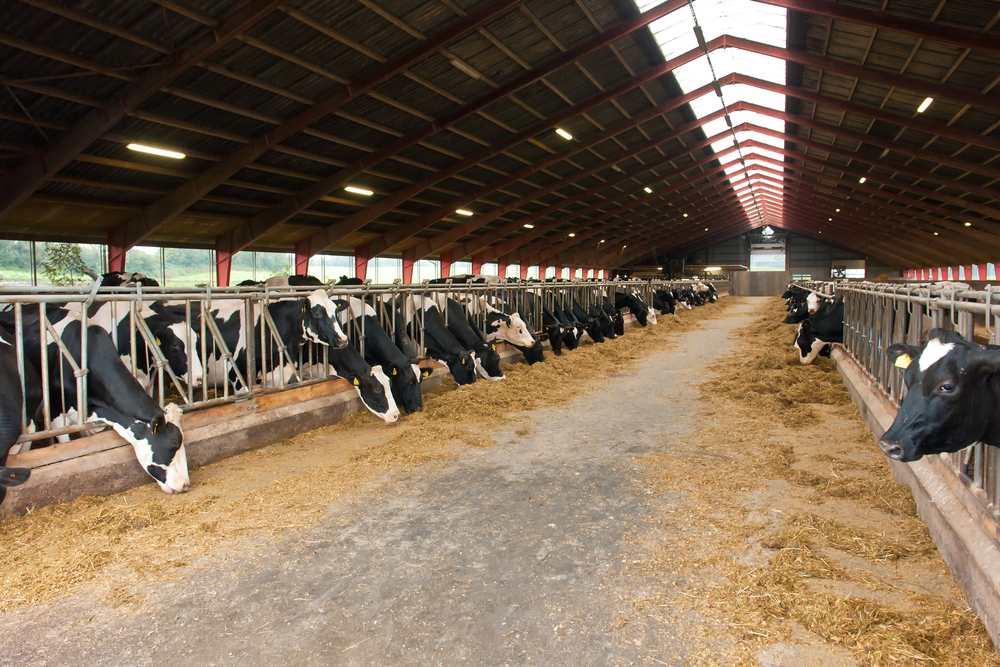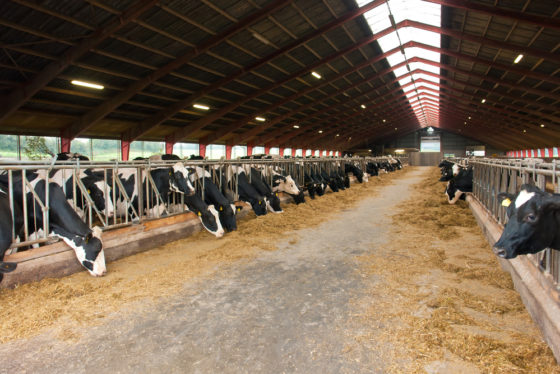New blow for farmers as Council of State strikes out permits for cowsheds


The Council of State has ruled that permits for low-emission cowsheds on three farms in Utrecht are invalid because the farmers failed to demonstrate that they reduced pollution.
Around one in five dairy farms use the system, which is designed to reduce nitrogen compound emissions by separating urine from faeces on the shed floor.
However, the country’s highest administrative court found that no checks were carried out to make sure the actual conditions on farms matched the theoretical reductions in pollution, which depended on floors being cleaned regularly and cattle being given special feed.
The Council of State warned that today’s decision could set a precedent for other cases that have been brought by environmental organisations. Utrecht was one of several provinces to appeal against decisions by the lower courts to strike out the permits.
‘Two scientific studies have shown that the nitrogen compound emissions from low-emission sheds is probably higher than that given in the regulations,’ the court said in its judgment.
‘That means that dairy farms with this type of shed can only be given a nature permit if they can show through an appropriate verification method that it does not damage the natural environment.’
Further blow
The decision is a further blow to the agricultural sector which is already facing severe cuts to comply with a target of reducing total nitrogen compound emissions by half by 2030.
That target figure was the result of another Council of State ruling in 2019, which said that permits for construction projects could not offset current nitrogen pollution levels against future efficiency gains.
The government immediately said it would have to find other ways to reduce emissions, primarily by scaling back livestock farming, to comply with an EU-wide agreement to protect nature conservation areas.
Raoul Beunen, environmental scientist at the Open University, said hundreds of sheds may now become disused, many of which were built on the orders of provincial governments with subsidies. ‘That money has now been wasted, because it hasn’t reduced nitrogen emissions,’ he told NOS.
Thank you for donating to DutchNews.nl.
We could not provide the Dutch News service, and keep it free of charge, without the generous support of our readers. Your donations allow us to report on issues you tell us matter, and provide you with a summary of the most important Dutch news each day.
Make a donation